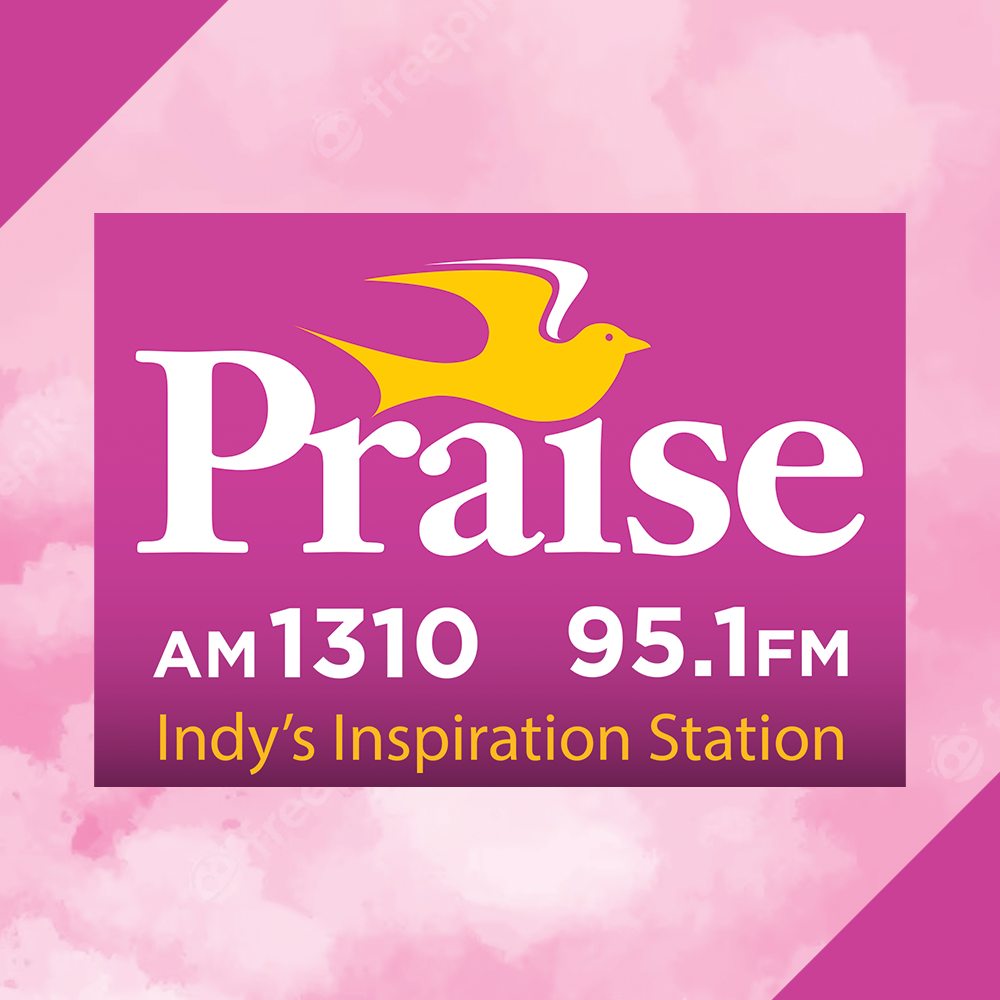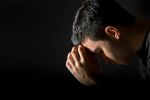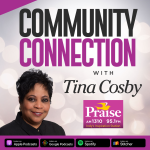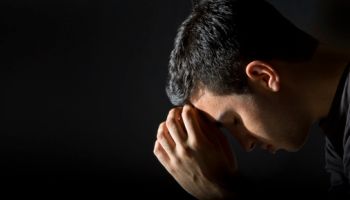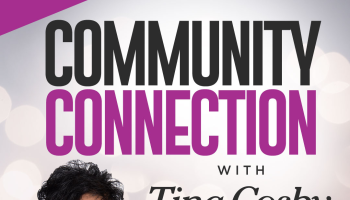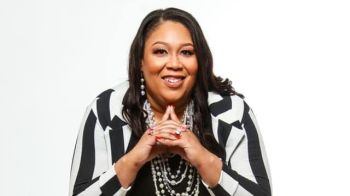According to thebellereport.com
Atlanta offers millions to churches standing in path of new stadium
 Two historic Atlanta churches, Friendship Baptist and Mount Vernon Baptist, are both located where the city wants to build a new stadium to replace the 20-year-old Georgia Dome.
Two historic Atlanta churches, Friendship Baptist and Mount Vernon Baptist, are both located where the city wants to build a new stadium to replace the 20-year-old Georgia Dome.
Atlanta, GA — Football, God and rebuilding are among the most enduring themes here in the largest city in the Deep South.
The three have come together in the latest and most expensive civic building for downtown Atlanta: dismantling a stadium that for 21 years has been the sturdy but frumpy home of the Atlanta Falcons and building a billion-dollar luxury stadium with a retractable roof that would be ready for the 2017 season.
But two black churches with deep history stand in the way.
Among the people who put prayer before football, the idea that the city and the state would offer money in exchange for the land on which the two churches sit seems a misguided sense of priorities — especially considering that one of them, Friendship Baptist Church, is one of the most historically important black churches in a region filled with them.
“You’re going to disrupt two churches, two houses of worship and prayer, for someone to play ball?” Juanita Jones Abernathy said before a recent service. “It doesn’t make sense.”
Mrs. Abernathy is the widow of the Rev. Ralph David Abernathy, a close associate of the Rev. Dr. Martin Luther King Jr. She is now a member of Friendship Baptist, whose congregants will decide in the coming weeks whether they should take a cash offer and move or stay put and push the stadium north toward a less favorable site.
A new home for the Falcons, who came within a game of making the Super Bowl last season, is high on the agenda for Mayor Kasim Reed.
Mr. Reed, who is running for re-election in November, has promoted the stadium as an engine for 2,000 construction jobs and as a way to keep the Falcons from moving to the suburbs or even to another city. But more important, he has been marketing the stadium as a project that can change the city.
If the churches agree, the stadium will be built on 16.5 acres just south of the existing one, the Georgia Dome. That structure would then be torn down.
The new stadium, to be run by a state agency, would be a shining link in a chain that connects the city’s massive convention center, the Georgia World Congress Center and Centennial Olympic Park. And it is the best hope for securing a Super Bowl and a major league soccer team, supporters say.
But politicians are also trying to portray the new stadium as a way to help redefine the beleaguered western flank of downtown, a civic jewel that would re-energize the core of a city that has long considered itself the glittering capital city of the South.
“This is really about the best vision of ourselves: not being mediocre, not being old, not being tired,” Mr. Reed said after the final vote to approve the project this month.
The owner of the Falcons, Arthur Blank, who built his fortune as a founder of Home Depot, will pick up most of the bill. He has agreed to put up $800 million of his own money. The city will issue bonds to pay for the remaining $200 million in construction costs, and it has committed what could amount to millions more in future hotel-motel tax money to the stadium.
An additional $45 million from Mr. Blank’s foundation, public redevelopment funds and other resources will most likely be made available to help the neighborhoods around the stadium, some of which are among the worst in Atlanta, high in crime and poverty. But there is also a mix of condos and sturdy old houses that are beginning to attract a new crop of younger people into the city’s core.
The area also holds a trove of historical value and is home to two historically black colleges, Spelman and Morehouse.
Both of the colleges began in Friendship Baptist.
The other church in play is Mount Vernon Baptist, whose historical roots do not run as deep. Its leadership has been involved in a power struggle, in which a lawsuit containing accusations of fraud and deceit was filed last summer, and the state is conducting negotiations with battling factions.
At Friendship Baptist, the city would take over the land to move a major street named after Dr. King across the property, and so the church is negotiating with the city.
The church has been there since 1880, but it was born just before the end of the Civil War when freed slaves were asked to leave a white Baptist church. The group was Atlanta’s first autonomous Baptist congregation, and it worshiped in a donated boxcar.
Maynard H. Jackson Sr., whose son and namesake would become the first black mayor of Atlanta, preached here as head pastor until he died in 1953.
The church has a modest membership of about 450. A pipe organ, rare in Southern Baptist churches, was recently refurbished for $300,000.
Whether it moves or not, the church is committed to providing social services to the area, said Lloyd Hawk, the chairman of the church’s board of trustees. It runs a clothing bank and a tutoring program; a 12-story apartment building for older people and a large apartment complex for the poor are nearby on church-owned land.
All of that would stay in place. The church alone would move.
The land is valued at just over $2 million, but what the city plans to offer will most likely be worth much more than that. No figures have been discussed, Mr. Hawk said, but church officials met with Mr. Reed on Wednesday to discuss a crucial provision — if the church moves, it needs to be within the neighborhood.
“If they offered us $50 million and said you have to move to Alpharetta,” a northern suburb of Atlanta, “we’d say no,” he said.
Meanwhile, the church board is continuing plans to become something of a community redevelopment catalyst that could help distribute some of the $45 million attached to the project.
The goal, Mr. Hawk said, would be to model Friendship Baptist after the Abyssinian Baptist Church in Harlem, which has a nonprofit arm dedicated to community development and social services.
“Stadiums aren’t transformative,” Mr. Hawk said. “We want to see real change from the money. We want to make M.L.K. a showcase street as opposed to a street where you say, ‘If you get to M.L.K., you’ve gone too far.’ ”
But first, church members have to agree. After a recent service, many said they were resigned to the fact that the church would move. A church, they said, is made up of its people and not a building.
Besides, no one wants to worship in the shadow of a giant football stadium, said Aliya Edwards, 30, who grew up in the church. “We could use the privacy,” she said.
![]()
